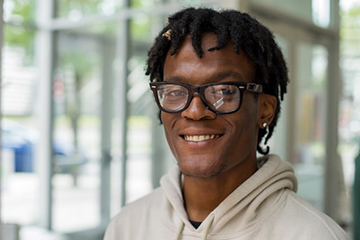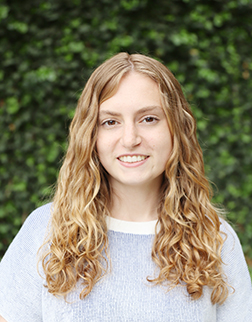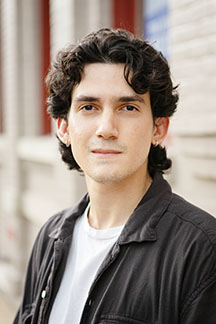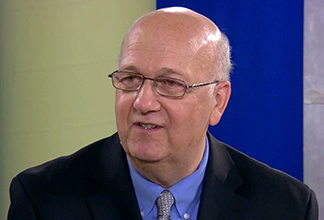By Donté Smith

Donté Smith
After spending most of my time in the Michigan State University journalism master’s program honing my photography skills, in the last year I focused on developing my writing and storytelling.
Joining the Great Lakes Now team allowed me to apply these skills in a new way while learning new techniques, like creating social media content, to stay prepared for the ever-changing world of journalism.
Experiences with Capital News Service and Great Lakes Echo gave me the confidence to pitch new story ideas and suggest fresh concepts for existing pitches.
My photography experience was appreciated, and I benefited from being around other photo- and video-focused people. They gave me new ideas for capturing images and suggested gear that would help me get the right shots for a story. While serving as both the reporter and the photographer for assignments was challenging, it helped me grow in both areas.
Joining the Great Lakes Now team was intimidating at first.
Being under the Detroit Public Television (PBS) umbrella, the organization was facing challenges related to federal funding reductions. I commend the Great Lakes Now team for providing me with engaging experiences while dealing with these challenges.
This experience taught me how much the world of journalism is constantly changing and that organizations like PBS will need to lean on their community-based models to face these challenges. Continue reading



